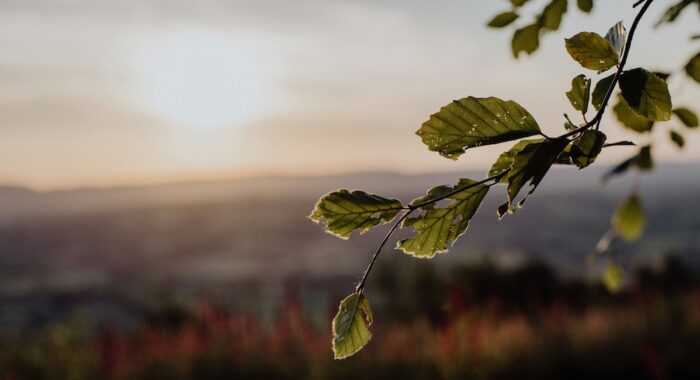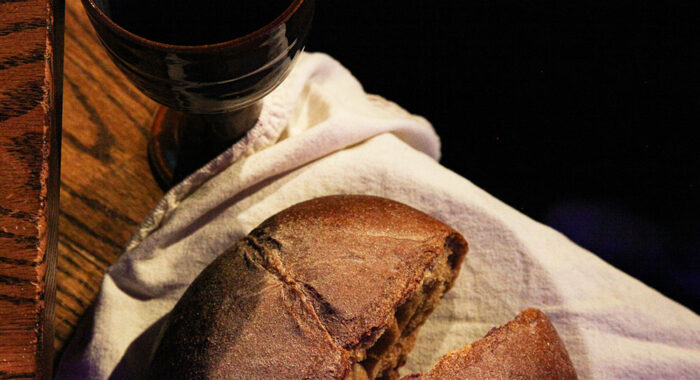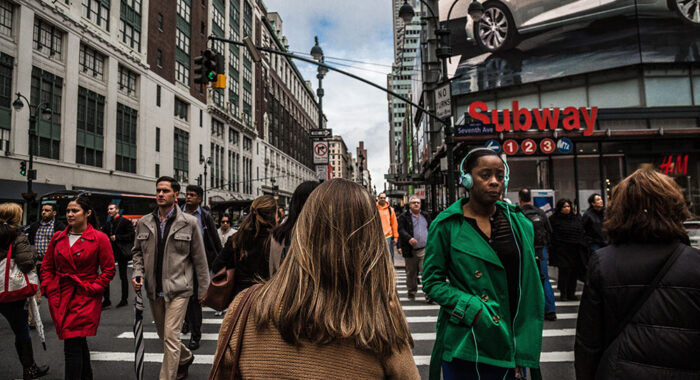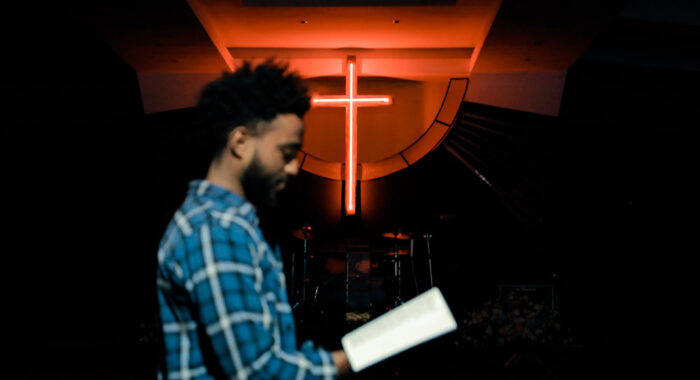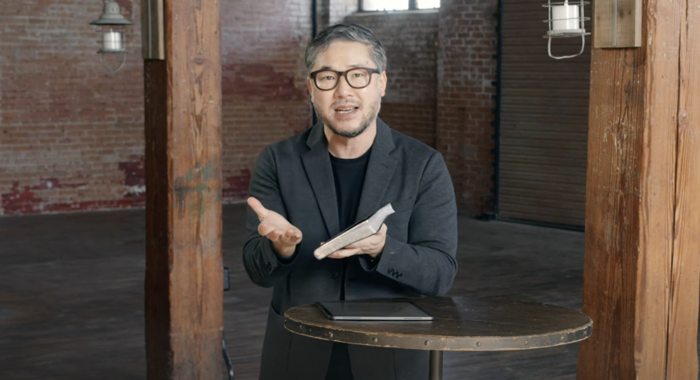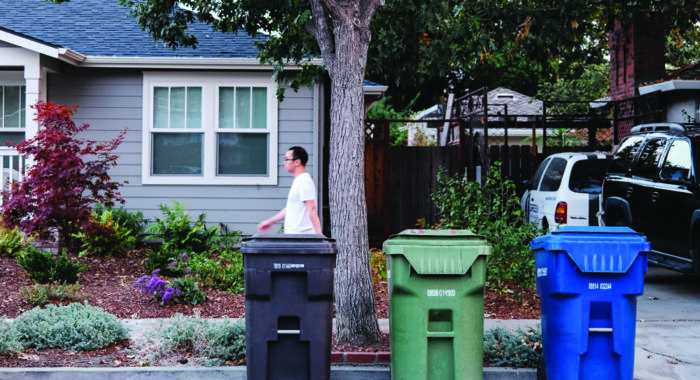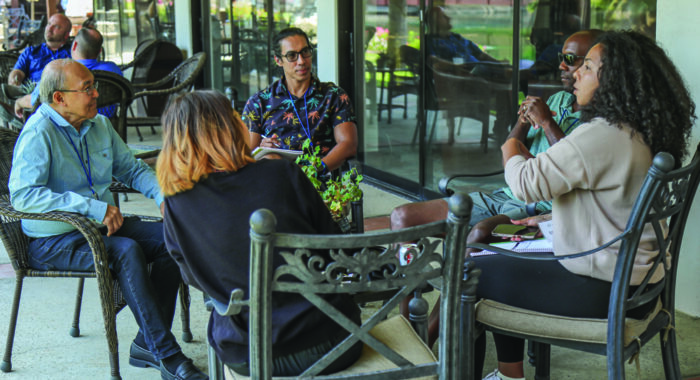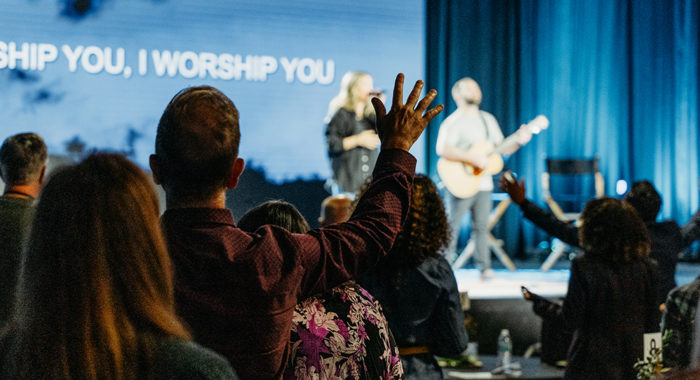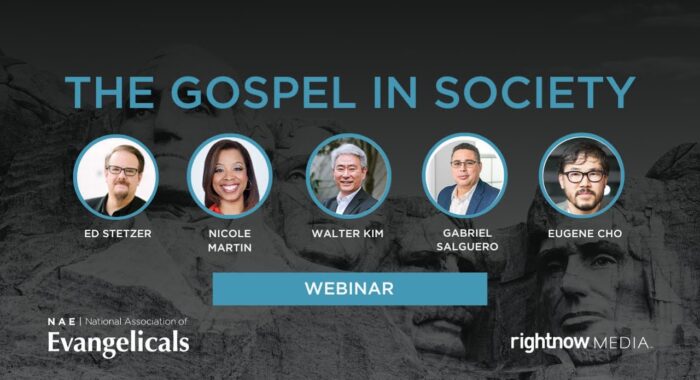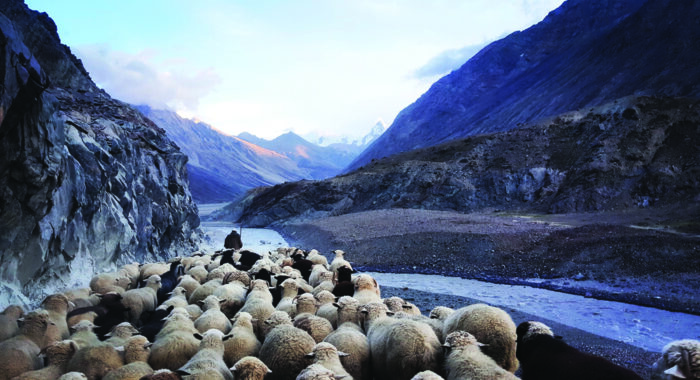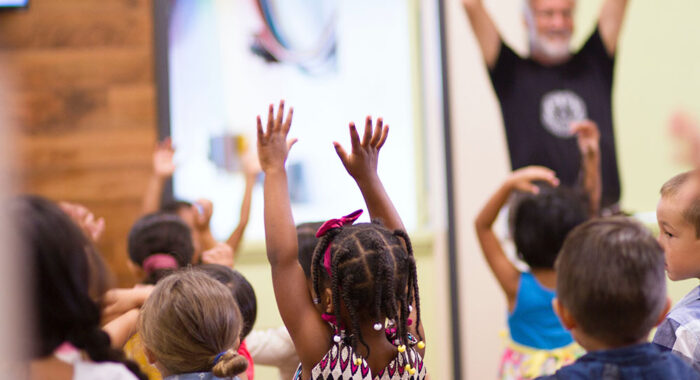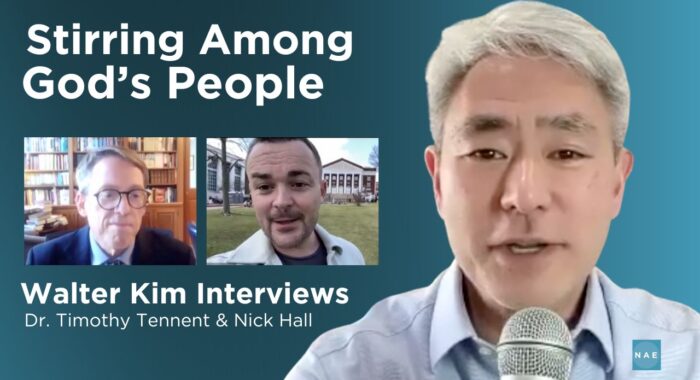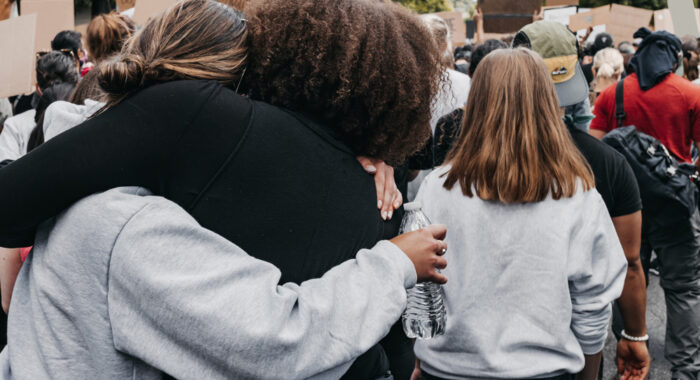Kaitlyn Schiess describes how we are all formed by the habits and practices that fill our lives. These repetitive and often unrecognized actions shape not only our relationship with God, but also our relationships with neighbors, the political choices we make, and a host of other decisions and expressions.
In Today’s Conversation podcast with NAE President Walter Kim, Kaitlyn invites us to expand our understanding of spiritual formation and examine what practices may be shaping our worldview. Walter and Kaitlyn also discuss:
- Why spiritual formation is broader than internal work;
- How different generations — particularly Gen Z — approach spiritual formation and politics;
- What false gospels the American church has embraced; and
- What questions we should ask to keep false gospels and idols in check.
Read a Portion of the Transcript
Walter: What is the story that we should be immersed in? What is the gospel story in your theological imagination, in this spiritual formation, in this liturgy that you’re seeking to inculcate us in? You’ve talked really well and compellingly about the forces that would misshape us. What are some of the gospel themes or narratives or stories in your work that you would hold forth as this positive shaping of who we are?
Kaitlyn: Someone asked me recently what one passage I would go to to talk about politics. I said Genesis 1 and 2, because we tend to start so much of our political conversations, our imagination, and those kinds of liturgies in just sin. And that’s an important conversation for politics in our world, but could we start with this picture of creation made good by God, and human beings created to act as his representatives to steward creation and to build communities?
Could we go back to that language of ruling and reigning as representatives of God and then seeing that paralleled in Revelation as a picture of creation redeemed and restored? Our jobs being the same kinds of jobs: to steward and to rule and reign as God’s representatives, to take the good gifts of his creation and make things with it, to be creative. That’s one of the themes I tend to think about: this human creativity, human community building as something that is our commission from the very beginning to the very end.
Another one is a theme that I grew up in — I am so thankful for — and it was really neglected in a lot of those churches is the kingdom of God and the way that it’s described especially in the New Testament. Not just as Jesus coming on the scene and announcing the coming of the kingdom of God as this kind of ethereal, spiritual thing and we’re not really sure what it means, but as him taking care of people — restoring, redeeming, healing people. Announcing the fact that especially the marginalized and oppressed are going to be set free. Taking some of those images from the prophets and from Jesus’ ministry and being able to apply those in our world today.
We will have disagreements. There will be complicated things, and it’s not always black and white or easy to understand. And yet — at least in the traditions that I grew up in — a lot of that really powerful language for seeking flourishing human communities was missing. Even in my own ministry at the church, I’ve tried so hard to say: Could we look at some of those things? And even before we get to super interpretive questions of how we apply this, could we just sit in the beauty of some of these descriptions of what God’s intentions for human communities are?
Share the Love
If you enjoyed the program, please rate it on iTunes and write a brief review. That will help get the word out and raise the visibility of the show.
Relevant Resources
Today’s Conversation is brought to you by OneShare Health.

Kaitlyn Schiess is a doctoral student in theology and ethics at Duke University, and is the author of “The Liturgy of Politics: Spiritual Formation for the Sake of Our Neighbor,” and “The Ballot and the Bible.” Schiess has written about theology, politics and culture for Pop Culture, Christianity Today, The New York Times, Fathom Magazine, RELEVANT, Sojourners and the Christian Research Journal. She received her bachelor’s degree in history from Liberty University and master’s degree in theological studies from Dallas Theological Seminary.
Walter Kim became the president of the National Association of Evangelicals in January 2020. He previously served as a pastor at Boston’s historic Park Street Church and at churches in Vancouver, Canada and Charlottesville, Virginia, as well as a campus chaplain at Yale University. He preaches, writes and engages in collaborative leadership to connect the Bible to the intellectual and cultural issues of the day. He regularly teaches in conferences and classrooms; addresses faith concerns with elected officials and public institutions; and provides theological and cultural commentary to leading news outlets. He serves on the boards of Christianity Today and World Relief and consults with a wide range of organizations. Kim received his Ph.D. from Harvard University in Near Eastern Languages and Civilizations, his M.Div. from Regent College in Vancouver, and his B.A. from Northwestern University.




 View All Podcasts
View All Podcasts 



